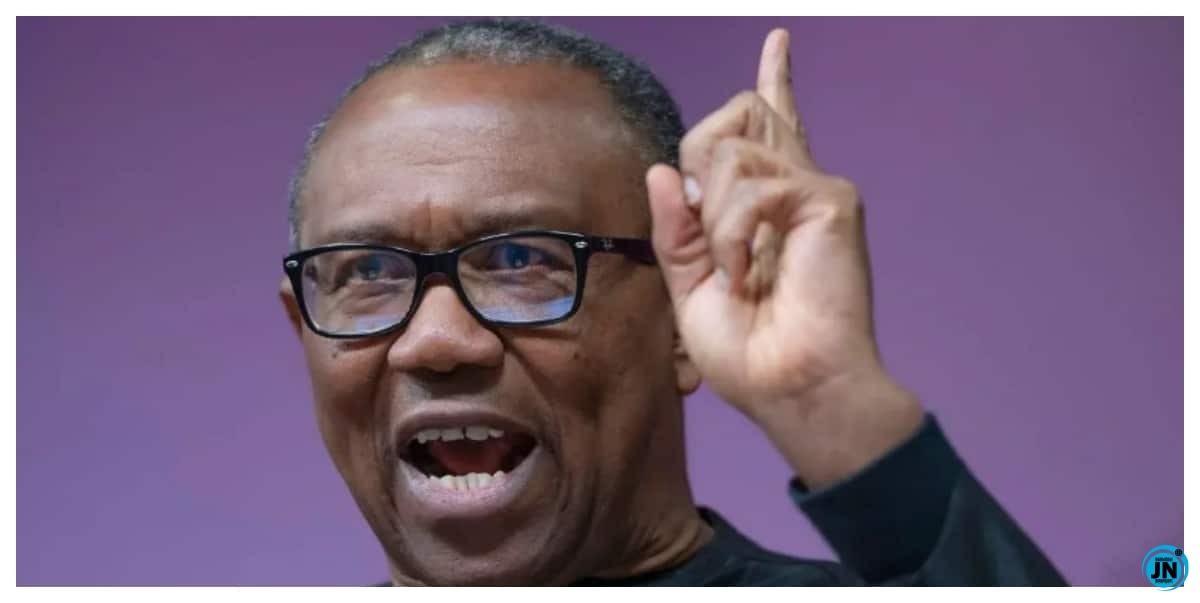The Labour Party (LP) presidential candidate, Peter Obi, has expressed strong criticism towards the alleged recent approval of a 114% salary increase for elected politicians, including the President, vice president, governors, lawmakers, as well as judicial and public office holders, by the Revenue Mobilisation, Allocation, and Fiscal Commission (RMAFC). Obi emphasized that the timing for such a salary increment is inappropriate, considering the harsh economic realities faced by Nigerians, with over 130 million people living in poverty.
Taking to his verified Twitter handle, Obi stated that leaders and public officeholders should prioritize reducing the cost of governance and addressing the sufferings of Nigerians. He argued that the focus should be on issues that directly impact the masses and those in the lower strata of society rather than benefiting themselves.
Obi highlighted, "I learnt with great reservation, the approval of a 114% increase in the salaries of elected politicians, including the President, vice president, governors, lawmakers as well as judicial and public office holders by the Revenue Mobilisation, Allocation and Fiscal Commission (RMAFC). This is not the appropriate time for such salary increment if it is at all necessary."
He further pointed out that the nation is currently experiencing a time when the average Nigerian is grappling with numerous economic challenges, compounded by skyrocketing living costs due to recent reform measures implemented by the government. Obi stressed that this moment calls for creative solutions to uplift the majority from poverty.
Citing Shakespeare's Julius Caesar, Obi stated, "What touches us ourselves shall be last served." He urged leaders to prioritize the needs of the masses and those in the lower strata of society over their own interests. Obi called for an immediate reversal of the salary increment and suggested redirecting the savings towards improving education, healthcare, and poverty alleviation, particularly in remote rural areas.
